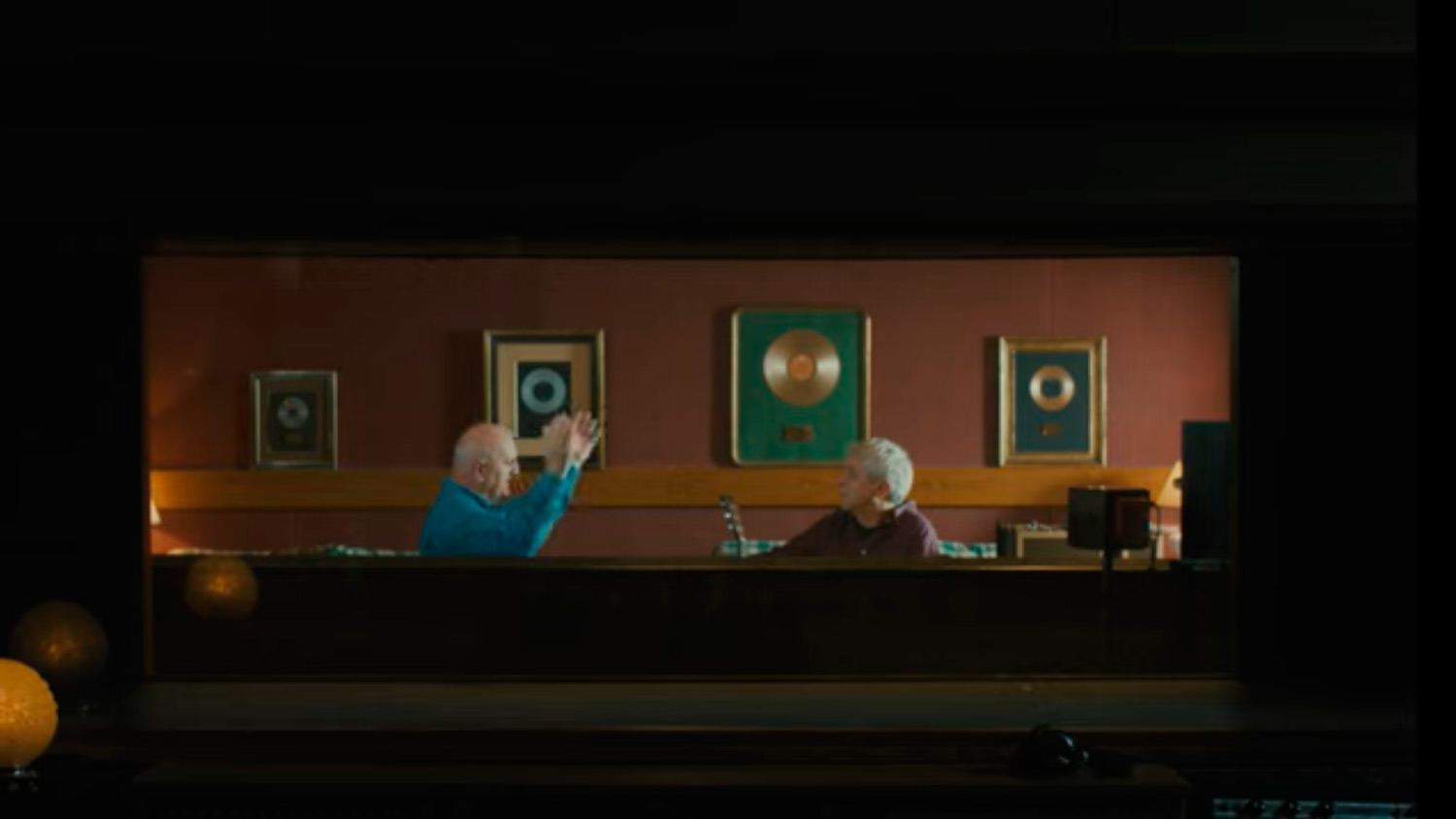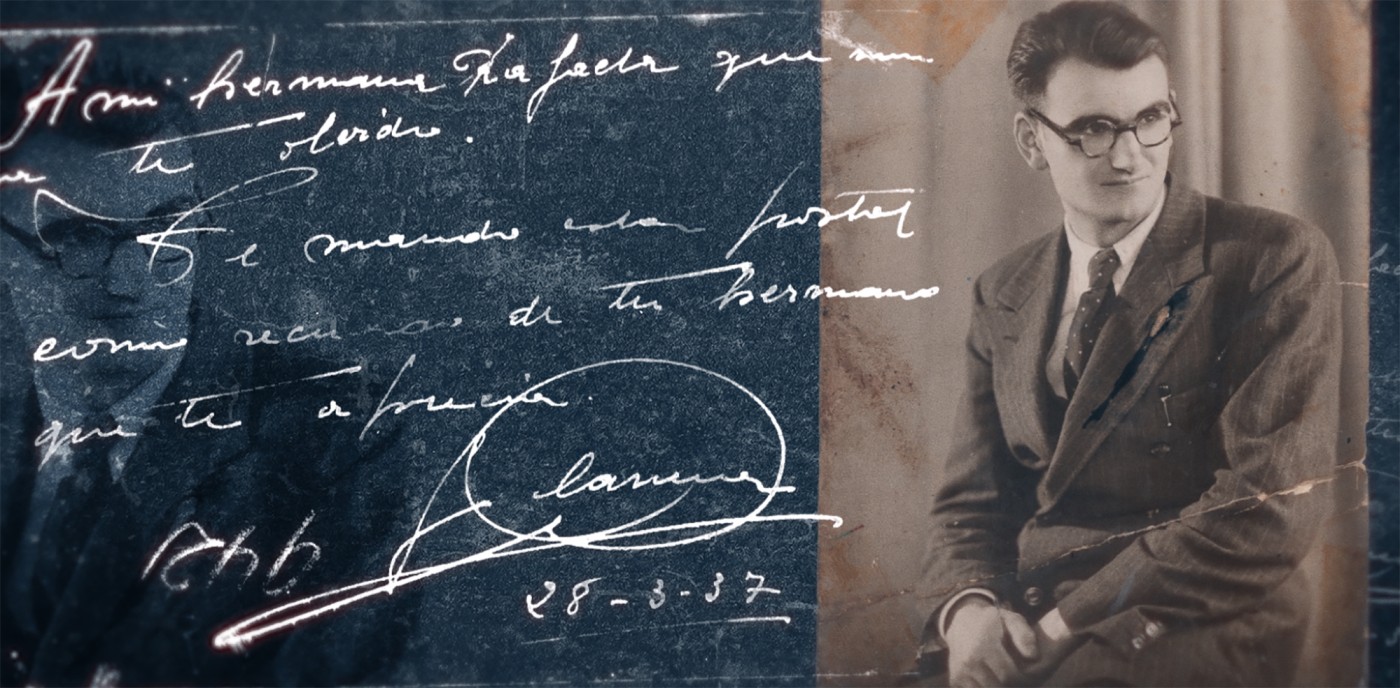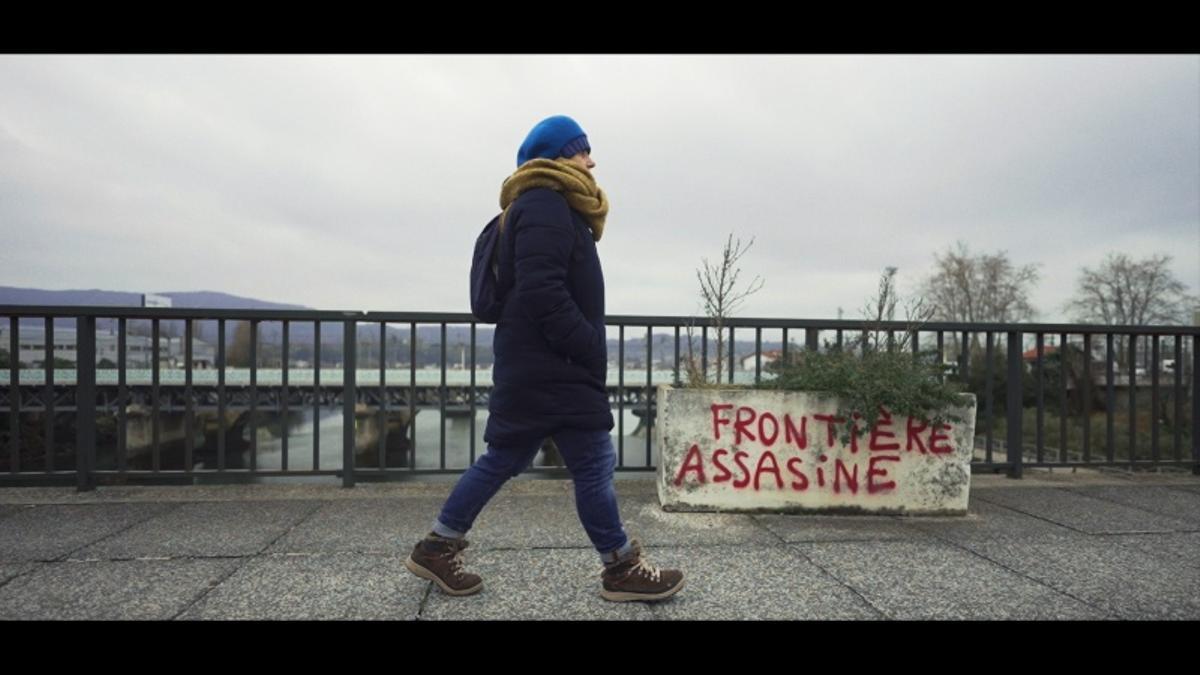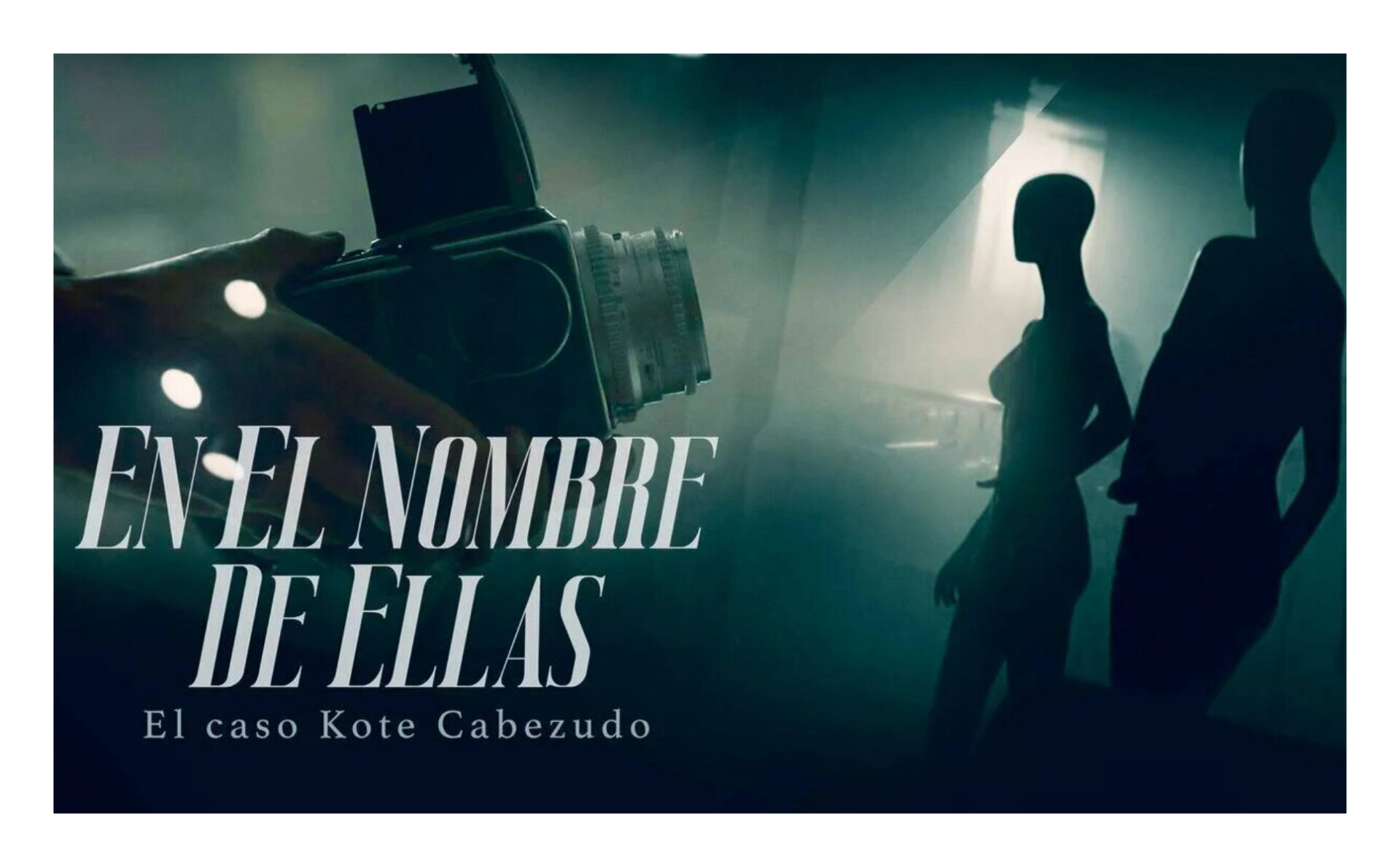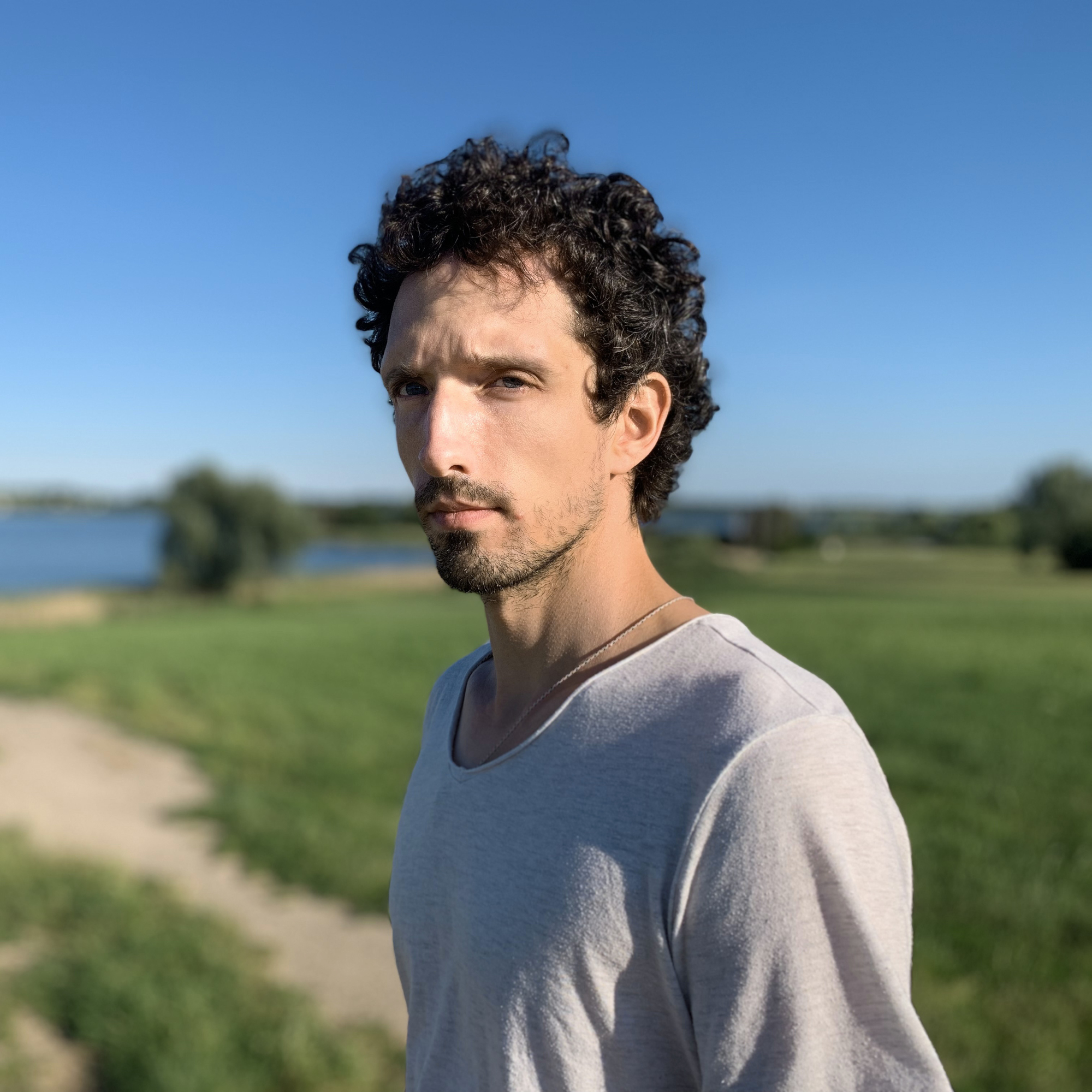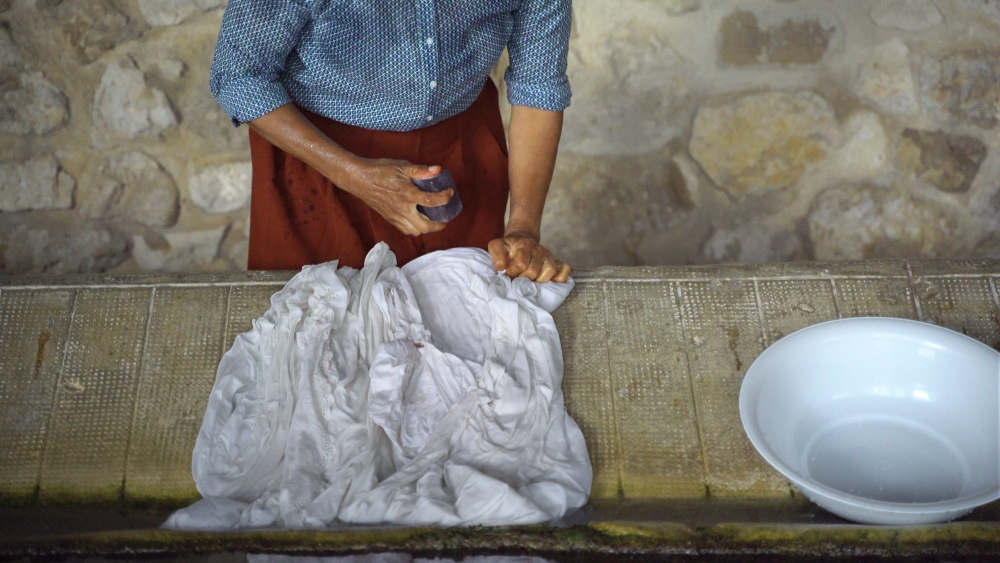"The Cuban revolution is little known from the point of view of feminism"
- María Torrelles (Avilés, 1955) defines himself as a communicating people. The Asturian of Asturian origin arrived in the Basque Country 23 years ago with his partner, Carlos Aznárez, and has married him. Here Euskaldunió and here he had his daughter Nagore. In 2004 he moved to Uruguay and subsequently to Argentina. He is currently working on the Latin American Summary Journal. He comes to Bilbao to present his new documentary Cubanas; Women in Revolution, led by himself.
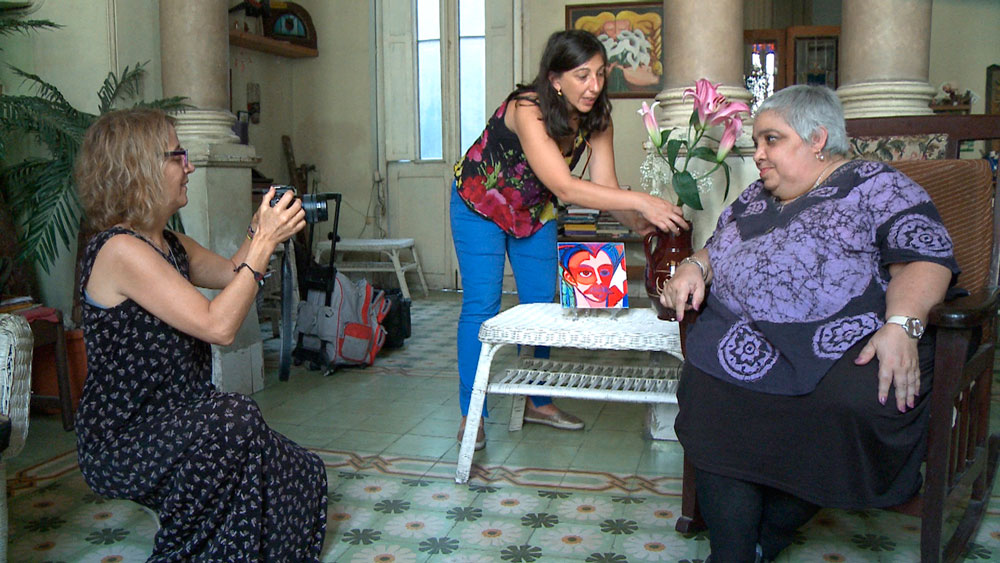
What are you doing in the Latin American Abstract magazine?
We follow the fighting processes in Latin America, the resistance, the complaints… The main edition is in Argentina, but it is also published in Brazil, Venezuela, Peru and Cuba, with local variants. It is an instrument of debate, of struggle, because it is a very difficult time. In Latin America, the extreme right is moving forward with its most cruel face. The truth is that today it is a news agency that talks about the whole world.
How did the idea of making a documentary about Cuban women emerge?
In times of crisis I met Cuba in 1993. Before I was passionate about revolution, but I was very moved by that tough time. How they faced shortages. I then started to track the women of Cuba, through an excellent feminist from there. This is Isabel Moya, who died in March of this year, but also appears in the documentary. Little is known from the point of view of Cuban feminism, there is a general, masculine perspective, but Vilma Espín, Celia Sánchez and Haydée Santamaría are not so known outside Cuba, nor the feminist achievements of the revolution. I thought I'd make a documentary to make this reality known.
What has the revolution brought to Cuban women? It's a question from the documentary.
Yes, and the answer is clear and forceful, I have been given by all the interviewees and those who found me randomly on the street: “The revolution has given us everything. What would we be if it wasn’t for revolution.” Education, literacy, studies, job opportunities, equality, dignity, culture, sport...
In the family sphere, however, machismo is still present.
Yes, and it must be made clear that this is intrafamilial. In Parliament there are already 49% women, in the university and in science they account for 60%, but in terms of culture, symbols and family roles change is more difficult.
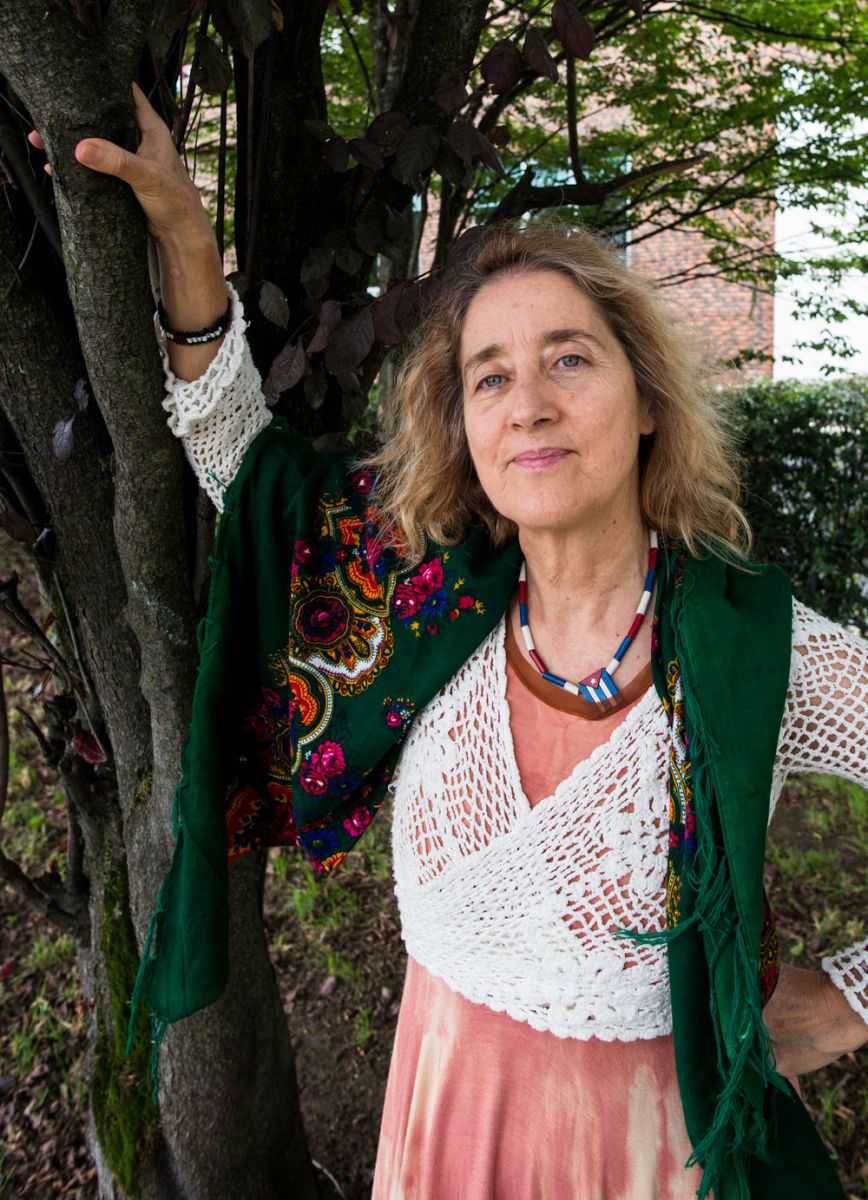
Since the beginning of the revolution there has also been a great evolution n.La visibility of homosexuality has been
worked a lot, for example, the National Center for Sexual Education, led by Mariela Castro, has worked a lot in the last 30 years for the recognition of the LGTB collective. I would not be surprised if in the constitutional draft now under discussion same-sex marriages were accepted, because society is ready to understand it.
In Argentina, on the other hand, they have an entirely different situation, abortion is prohibido.El Senate is filled with dinosaurs, those right-wing senators… People
are very angry with the Church, are obsessed with saving fetuses and prefer to continue killing girls in clandestine abortions. A movement of apostasy has been created, characterized by an orange scarf.
Argentina-Cuba is very united, beyond Guevara.
Chek has marked the generations of Argentine revolutionaries, creating a historical bond. In 2006, when Fidel Chávez visited Argentina, 50,000 people approached the university to visit it. As a sign of this connection, once, being in Santiago de Compostela, I found a group of women in a park. I was fired and, hearing that I was coming from Argentina, I was given a card to be sent to the Mothers of May. I took the message and they recorded the message to return it to Cubana.
What is the situation in Argentina?It is a country
without government, there is a far-right government, but it is sent to us by the International Monetary Fund. There is a very serious situation, it reminds me of that of Greece. Ministries begin to cruelly disappear, teaching, hospitals...
How have the Argentinians reacted?The
hegemonic media has done a great deal of work to numb people, to make no sense, so this far-right government has voted. The fighting sectors are very low, but we need to unite them, as did the Cubans. That is the most difficult thing, and that is the lesson that Cuba has given us, that of unity.
The age of leftist governments has largely passed. What is the critical balance they make from the watchtower of Latin American Abstract? They have
been progressive governments, advanced by Chávez, but they have not properly radicalised their policies and they have been erased from the map and denied any form of discrimination. In the case of Uruguay, the Broad Front has shifted to the right, agreements have been reached with multinationals and public education has deteriorated, even in Nicaragua. We have three strong revolutionary battles: Cuba, Venezuela and Bolivia. In Brazil, Lula has been withdrawn, so that he is not present for the elections. The situation is serious, because capitalism kills, destroys peoples and does everything it needs to get resources.
Itoiz, udako sesioak filma estreinatu dute zinema aretoetan. Juan Carlos Perez taldekidearen hitz eta doinuak biltzen ditu Larraitz Zuazo, Zuri Goikoetxea eta Ainhoa Andrakaren filmak. Haiekin mintzatu gara Metropoli Foralean.
Projection of the documentary Bidasoa 2018-2023
Where: Martutene prison, Donostia
When: Friday, 22 December, 16:00h
Available as a network: Perfect on the platform
------------------------------------------------
It's Christmas. Friday after lunch. Let us go through the long... [+]
FIPADOC Nazioarteko dokumental jaialdia berriz heldu da Miarritzera. Urtarrilaren 19tik 27ra ospatuko dute, eta seigarren edizio honetan «Italia eta Afrika» izanen dira protagonistak.
Hands have a varied symbology. With hands the world is driven and with strong fists the command is supported. Power also fights with fists, picking fingers and raising hands up. Hands are necessary for those who have always been the losers of life, for that alone has been an... [+]
Lana finantzatzeko diru bilketa abiatu dute; ahalik eta gehien zabaldu nahi dute ikus-entzunezkoa, protagonistak sufritutakoa ezagutarazteko eta torturak salatzeko. Bi arnas kontatzen dira, torturaren eraginez itxi gabe dauden bi zauri: Sorzabalena eta haren ama Maria Nieves... [+]












